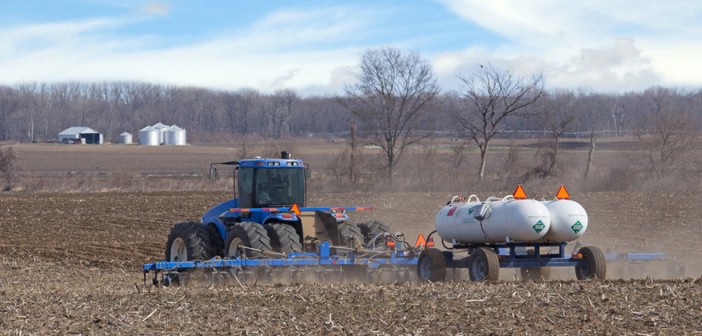According to new research from Colorado State University (CSU), nitrogen cycle disturbance from emissions of agriculture-related ammonia now exceeds the effects of fossil fuel combustion emissions, in the US at least.
According to the team, ‘No matter what the source, excess nitrogen in the atmosphere, as it cycles through terrestrial and aquatic ecosystems in both wet and dry processes, has debilitating environmental impacts. These include increased soil acidification, decreased biodiversity, and changes to the chemistry of lakes and streams.’
Most attention in recent years has focused on the fossil fuels and major strides have been made to stem these emissions. In contrast, ammonia from agricultural processes has received relatively little attention in the US, and ammonia is not a regulated pollutant. The CSU researchers found that ammonium has now surpassed nitrates as the dominant source of nitrogen deposition and subsequent disruption to the nitrogen cycle in the country.
“We are used to thinking of nitrates as driving a lot of the nitrogen deposition, and that was true in the 1980s,” said Jeffrey Collett, who led the team. “But largely because we’ve reduced nitrates so much while ammonium deposition has increased, the balance is now shifted, and ammonium is now a bigger contributor to nitrogen deposition.”

Photo Credit: © chas53 / Fotolia
The post Agricultural emissions could be more harmful than fossil fuel appeared first on Hort News.